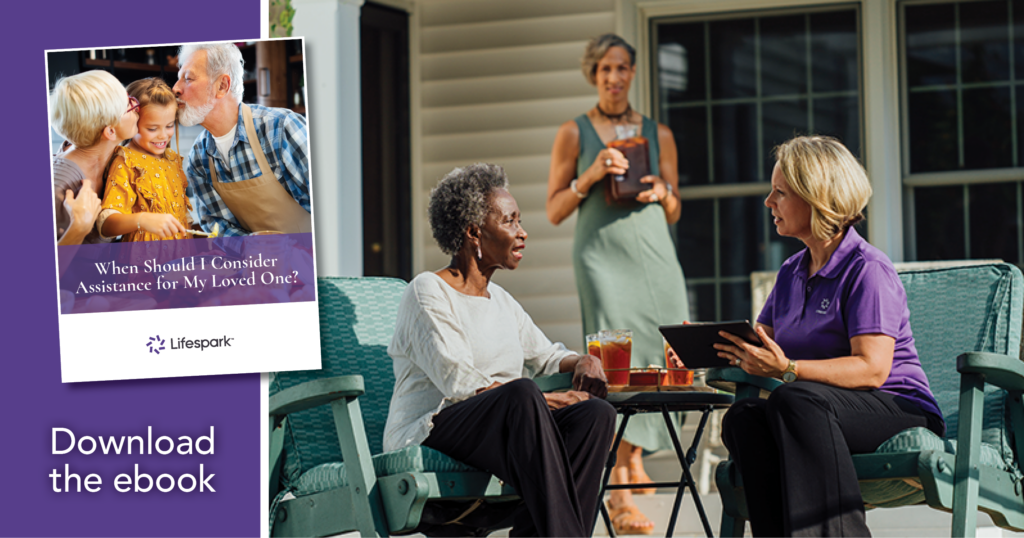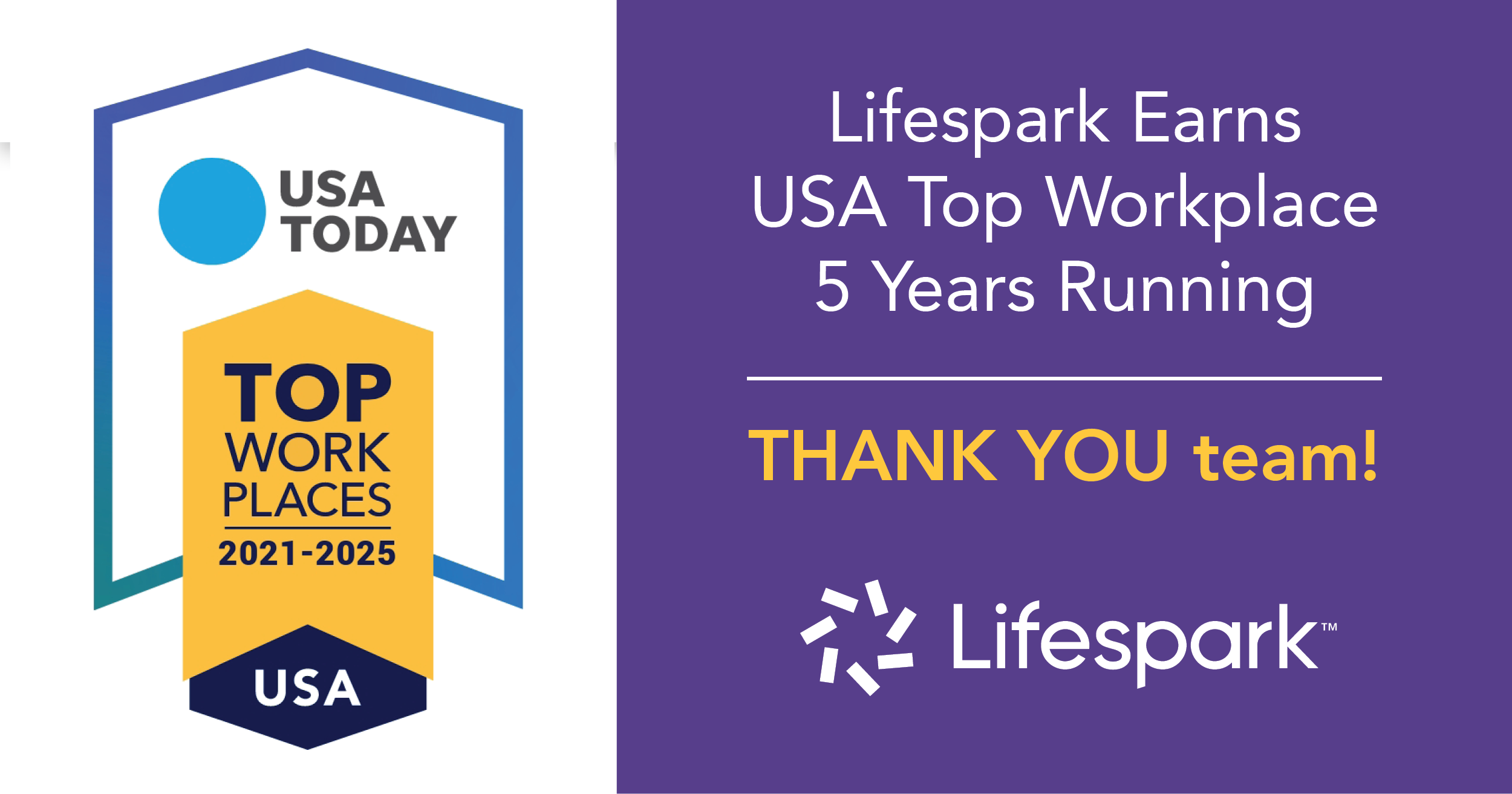
Some people plan ahead. They get their oil changed before the engine starts spewing black smoke. They take down the Christmas tree before it sheds all its needles. They make motel reservations before arriving at Mt. Rushmore on July 3rd. My parents were not those people.
Not surprisingly, this was also how they dealt with their inevitable age-related needs. They didn’t. Their plan (and I use the term loosely) was that all would be well until one night, they would simply pass away in their sleep, together.
That’s not how things went down.
Living from crisis to crisis
My parents had been managing on their own into their late 70s, but soon after my dad turned 80, his life seemed to hemorrhage medical crises: sepsis, heart disease, peripheral arterial disease, open-heart surgery, renal failure, congestive heart failure, necrosis of his toes, and a series of falls, all of which landed him either in the ER, hospital, or transitional care—and often all three.
When my dad passed away at age 88, he was ready. Truthfully, he’d been ready for a while but had stayed on dialysis based on his belief that stopping was akin to suicide. We tried to gently explain to him that the machines that cleaned his blood three times a week were, in fact, keeping him alive artificially, and that if he wanted out, we were 100 percent behind him. Ironically, his decision to stop dialysis gave him back control over his life and his death, which came peacefully eight days later.
Reactive vs. proactive (#2 is better)
If I could do it all over again, we would pay more attention to the red flags instead of waiting until they burst into flames. If we had, I’m certain my dad would have suffered less, enjoyed life more, and stayed more independent for whatever time he had left.
For us, the biggest obstacle to addressing the red flags was a collective wish that each medical emergency was a fluke, an outlier: “He was dehydrated,” “His CPAP mask doesn’t fit right,” “I should have parked closer.” Our wishful thinking got in the way of the support he needed.
Paying attention without being annoying
Admittedly, there’s a fine line between being attentive to what’s going on with your parents and becoming the intrusive, infantilizing, disrespectful adult daughter (or son). One way to stay on the preferred side of that line is to enlist the services of a healthcare professional, like a Lifespark team member, all of whom who are experts in geriatrics and helping you age magnificently. They have the training and objectivity to ask the right questions, review their medications, consult with your parents’ other physicians, and make recommendations that probably wouldn’t fly coming from the adult children.
To help you determine if your loved ones could use some additional support, Lifespark has put together a user-friendly downloadable tool called When Should I Consider Assistance for My Loved One. The guide identifies the triggers and red flags that a health crisis might be looming and what to do about it.
If you’re unsure about how to move forward, Lifespark is here to help. Our proactive, whole-person approach (the perfect antidote to a reactive, pants-on-fire approach) can help your older loved ones live happier, healthier, more independent lives. Reach out for a free consult any time and our senior-savvy experts will answer your questions – aging magnificently takes all of us.



